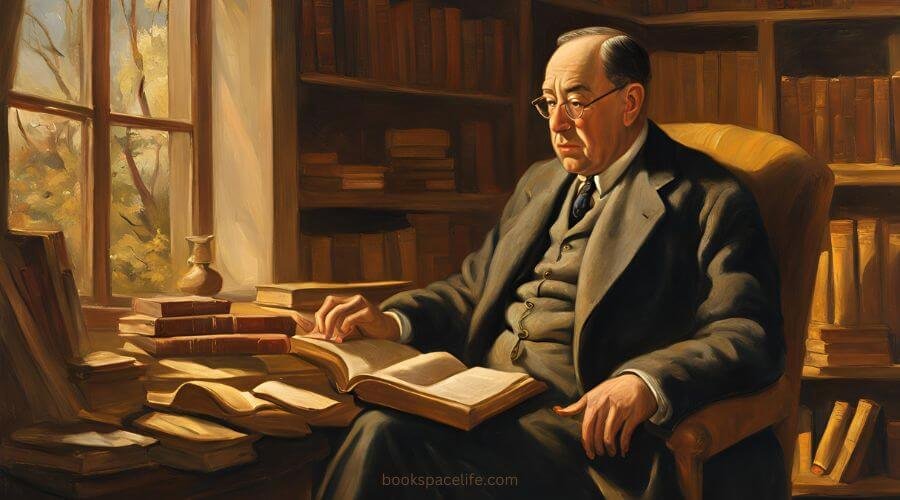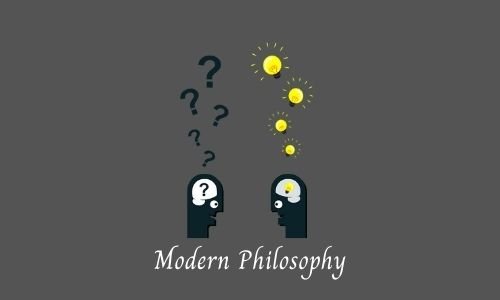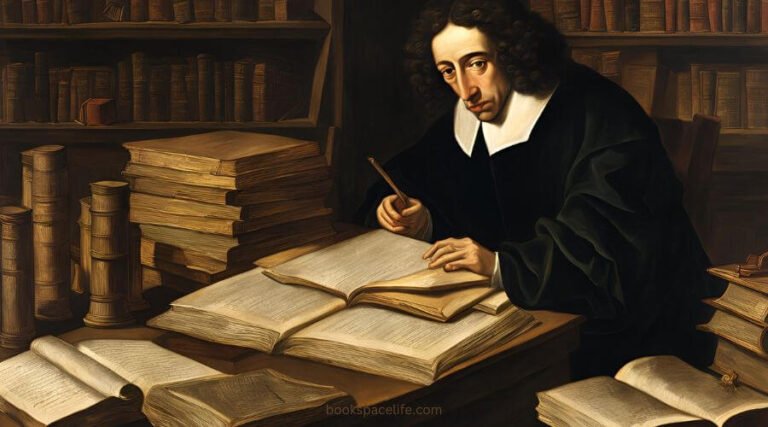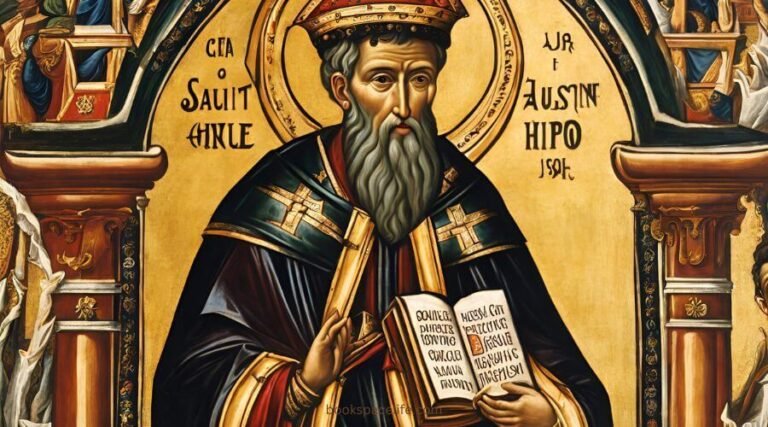Philo of Alexandria
C.S. Lewis: The Philosopher Who Shaped Modern Thought on Faith, Reason, and Imagination
Clive Staples Lewis, better known as C.S. Lewis (1898 – 1963 CE), is one of the most influential figures in 20th-century thought.
A British writer, academic, theologian, and Christian apologist, Lewis’s works span a wide range of genres, from novels and essays to philosophical treatises.
However, it is his ability to weave together reason, faith, and the imagination that makes his contributions to philosophy and literature so unique.
Whether through his academic writing or his beloved works of fiction, C.S. Lewis has profoundly impacted not only Christian thought but also the broader intellectual world.
Table of Contents
(1) Early Life and Education
C.S. Lewis was born on November 29, 1898, in Belfast, Northern Ireland, to Albert Lewis, a lawyer, and Florence Lewis, a homemaker.
Raised in an intellectually stimulating household, young Lewis was introduced early on to literature, particularly through his mother’s love of books.
His father, though a strict disciplinarian, also nurtured his son’s interest in reading and learning.
Sadly, Lewis’s mother passed away when he was just nine years old, an event that had a lasting effect on him throughout his life.
Following her death, Lewis and his brother, Warren Lewis, were sent to England to live with relatives, and Lewis’s education was further shaped by his tumultuous feelings of grief and loss.
His relationship with his father also became more distant, adding to the emotional struggles he experienced in his early years.
Lewis attended Malvern College and then went on to study at Oxford University, one of the most prestigious academic institutions in the world.
Initially, he began his studies in philosophy and classical literature, but it was during his time at Oxford that he became deeply interested in medieval literature, mythology, and philosophy—themes that would later shape much of his thinking.
In 1917, during his time at Oxford, Lewis was drafted into World War I, where he served as a second lieutenant in the British Army.
The horrors of war had a profound impact on him, and after the war ended, he returned to Oxford to complete his degree.
Lewis was known for his academic rigor, and he eventually became a tutor and professor in English literature at Oxford University, where he taught from 1925 to 1954.
(2) Conversion to Christianity
C.S. Lewis’s intellectual journey took a dramatic turn as he wrestled with questions of faith, suffering, and the nature of God.
Raised in a Christian home, Lewis became an atheist during his teenage years, influenced by his readings of philosophy, literature, and the perceived problems of religion.
For years, Lewis struggled with the question of God’s existence, but his doubts began to fade after a series of encounters with friends who shared their own faith experiences.
One of the most significant influences on Lewis’s eventual return to Christianity was his friendship with J.R.R. Tolkien, the author of The Lord of the Rings, who was a devout Catholic.
Tolkien, along with other friends, such as Owen Barfield and Charles Williams, engaged Lewis in deep theological discussions that led to his eventual conversion to Christianity in 1929.
This experience would have a profound impact on his work, both academic and literary.
In 1931, Lewis became a Christian and publicly declared his faith.
From that point on, much of his intellectual and philosophical work was dedicated to defending and explaining Christianity in a rational and compelling manner.
(3) Philosophy and Theological Thought
Though C.S. Lewis is most widely known for his fiction, particularly the Chronicles of Narnia and The Space Trilogy, his philosophical and theological writings are equally influential.
Lewis approached philosophy not as an abstract, academic exercise but as a way to address deep, existential questions that confront all human beings.
His works are marked by his commitment to clear thinking, logical argumentation, and a deep sense of moral responsibility.
(i) Mere Christianity
One of Lewis’s most influential works, Mere Christianity (1952), is a masterful blend of philosophy and theology.
It began as a series of radio broadcasts during World War II, where Lewis sought to present the core beliefs of Christianity in a way that was accessible to a broad audience.
The book examines the moral law that Lewis believed exists universally, asserting that it points to a divine source.
His argument for Christianity is built upon the foundation of human reason, and he argues that Christianity, when understood properly, is the most rational and comprehensive worldview.
“Mere Christianity” is famous for its moral argument for God’s existence: the idea that humans universally sense the difference between right and wrong, and that this moral law implies a moral Lawgiver.
Lewis’s clarity and simplicity in writing made complex theological ideas approachable, and the book has become one of the most influential Christian apologetics texts of the 20th century.
(ii) The Problem of Pain and A Grief Observed
As a thinker, Lewis was not afraid to tackle difficult and painful topics. The Problem of Pain (1940) addresses one of the most vexing questions in Christian theology: how a loving God can allow suffering and evil in the world.
Drawing on both personal experience and philosophical reasoning, Lewis explores the relationship between human suffering and God’s purposes, arguing that suffering is a necessary consequence of free will and spiritual growth.
In A Grief Observed (1961), Lewis recounts his own experience of grief after the death of his beloved wife, Joy Davidman, whom he had married late in life.
The book offers a raw and emotional exploration of loss, doubt, and faith in the face of suffering.
It stands as a testament to Lewis’s honesty and intellectual courage in confronting the deepest and darkest aspects of the human condition.
(iii) The Great Divorce and Other Works
In works like The Great Divorce (1945), Lewis continues to explore themes of salvation, human freedom, and the afterlife.
The book is a fictional exploration of the choices that lead people toward heaven or hell.
Lewis’s philosophy emphasizes the importance of free will and the power of individual choice in determining one’s ultimate fate.
His writing style is deeply imaginative, and in these stories, he merges theological ideas with allegory and fiction in a way that makes them both accessible and thought-provoking.
(4) Influence and Impact
C.S. Lewis’s influence stretches far beyond the world of Christian apologetics.
His ability to blend the intellectual with the imaginative has made him a beloved figure in both religious and literary circles.
His work continues to impact theologians, philosophers, novelists, and even psychologists.
(i) The Legacy of Narnia and the Power of Storytelling
Perhaps Lewis’s most lasting legacy is his work in fiction, particularly the Chronicles of Narnia.
These seven novels, written between 1950 and 1956, blend adventure, theology, and moral lessons with magical creatures and mythical landscapes.
The Narnia series has been translated into numerous languages and adapted into films, television series, and stage productions.
The characters, such as Aslan, the lion who represents Christ, have become iconic symbols in the Christian tradition.
Through Narnia, Lewis demonstrates the power of storytelling to convey deep theological truths in a way that is both entertaining and edifying.
The books have resonated with generations of readers, children and adults alike, and they continue to inspire.
(ii) Impact on Modern Apologetics
Lewis’s work in Christian apologetics has had a profound impact on the field. His books, such as Mere Christianity, The Problem of Pain, and The Screwtape Letters, continue to be used by both professional apologists and lay Christians seeking to defend their faith.
His ability to present complex arguments in simple and engaging language made him one of the most influential Christian writers of the 20th century.
(iii) Philosophical and Literary Contributions
Beyond his Christian apologetics, Lewis’s work in literature and philosophy influenced writers and thinkers across disciplines.
His works continue to be read by students in literature and philosophy programs, where his integration of Christian themes with intellectual inquiry has set a precedent for later generations of writers and thinkers.
(5) Conclusion
C.S. Lewis remains one of the most important thinkers and writers of the 20th century, and his ideas continue to shape contemporary debates on faith, reason, and imagination.
Whether through his academic works on philosophy and theology, his Christian apologetics, or his beloved fictional creations, Lewis’s impact is undeniable.
His legacy lies in his ability to think deeply about human existence and to communicate those thoughts in ways that both challenge and inspire.
Today, C.S. Lewis’s work continues to captivate and guide people seeking a deeper understanding of themselves, their faith, and the world around them.








